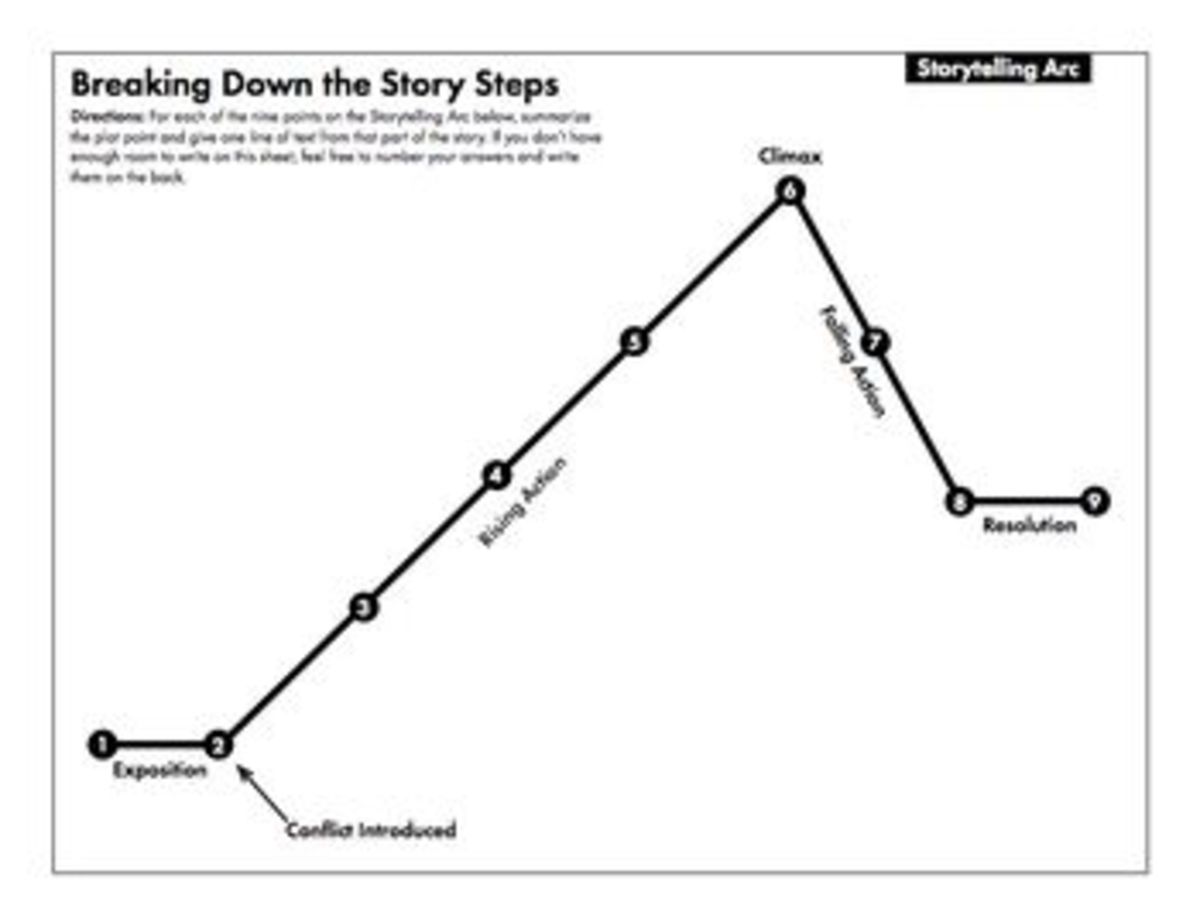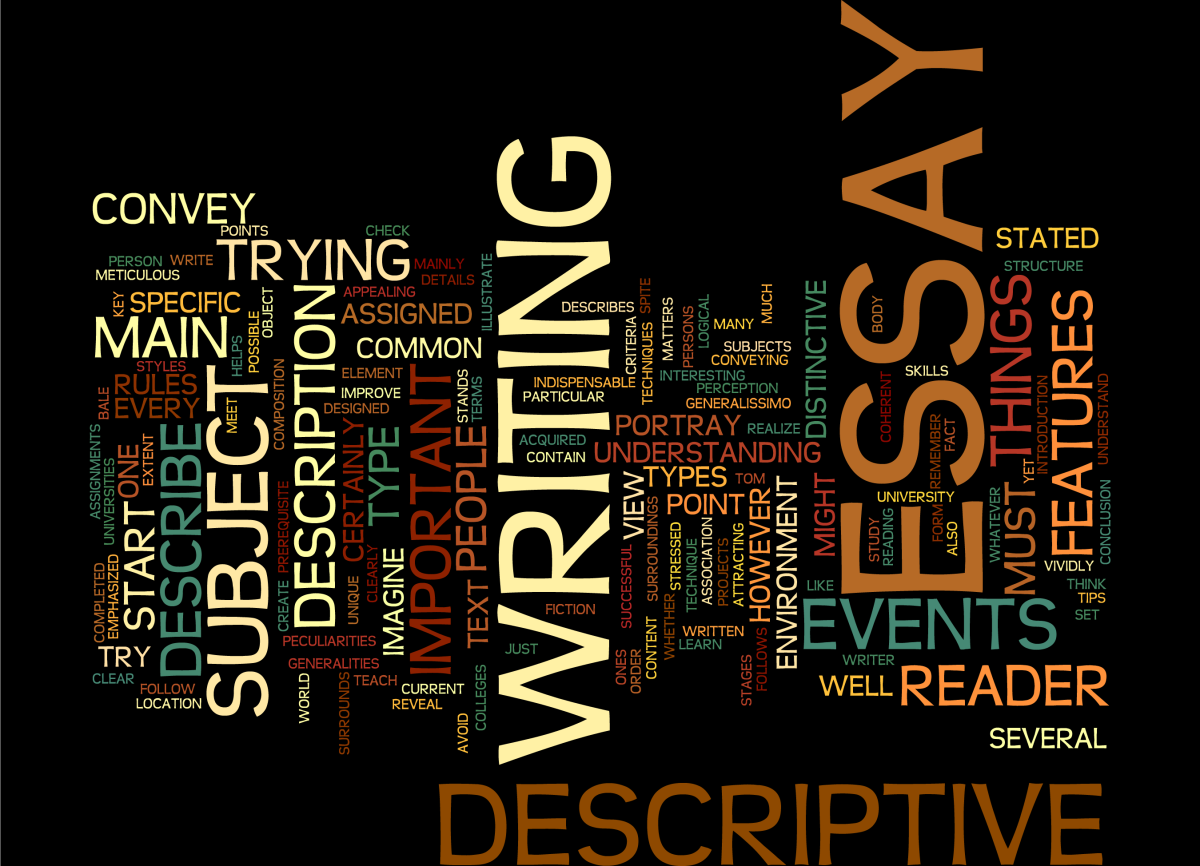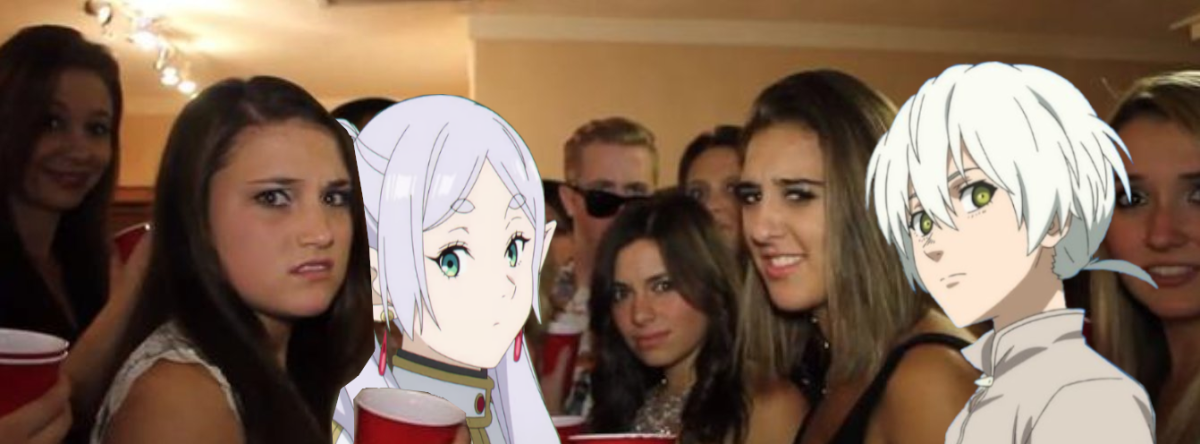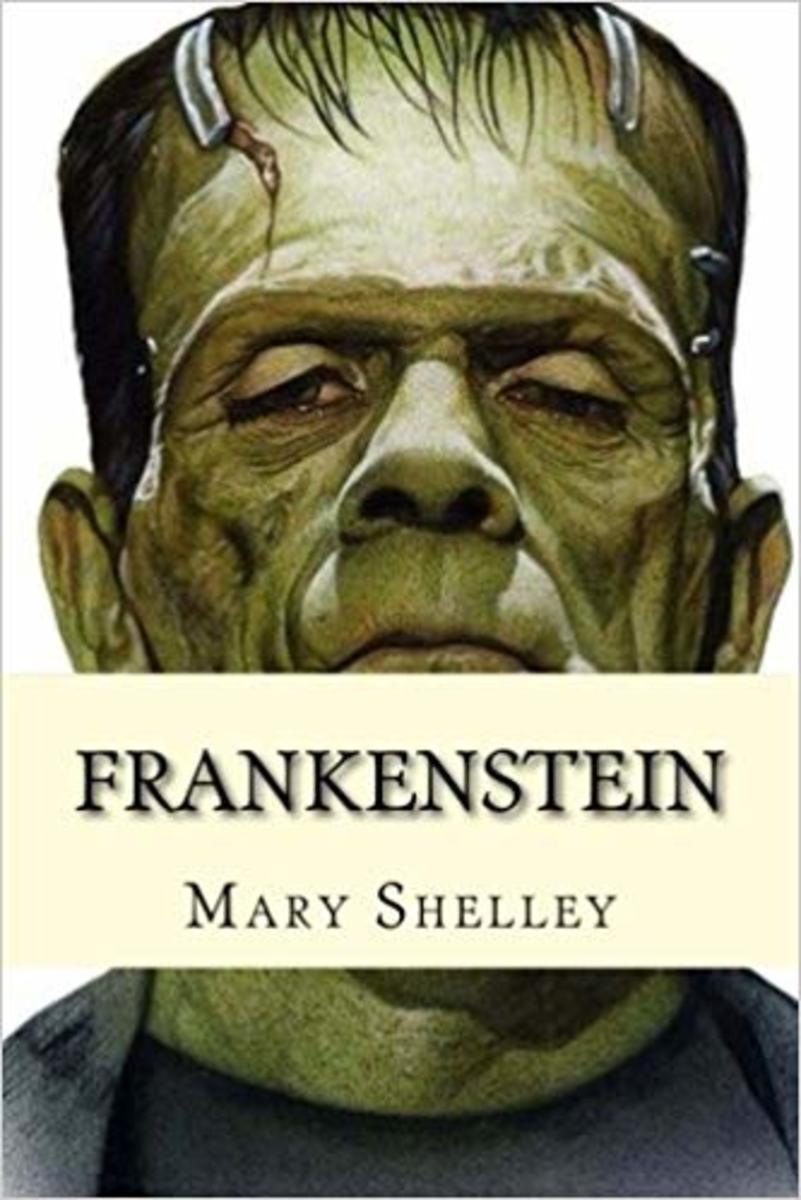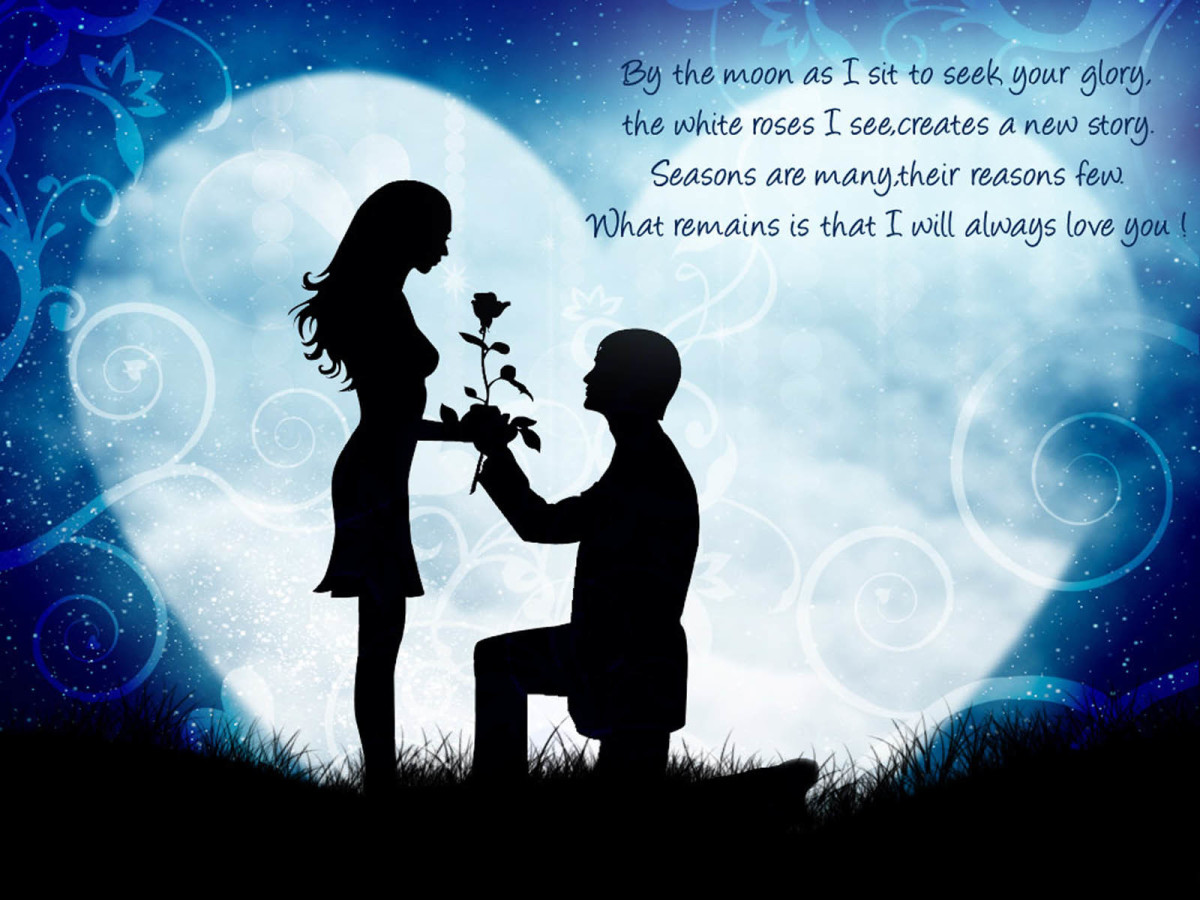How to Develop an Interesting Character, and Why You Should Care

Sidenote
My qualifications for talking about this subject are basically that sometimes people tell me they like my characters. Ignore anything that doesn't ring true for you. There are no rules.
Let's Talk About Character Development
I get it. You're either sick of hearing about how important characters are, or you're just not sure what it means to have a fully developed character. Or maybe you fully agree that characters are important, and can recognise a good character when you see one, but aren't sure how to make that happen with your own characters.
In any case, give me a few moments of your time - you just might learn something useful, and if you don't you're welcome to tell me so in the comments.
It's my writing philosophy that characters are the backbone of good fiction. They can carry an otherwise lacklustre plot (I know all about those), give people something to really remember and connect to, and have the best chance of evoking a big emotional response in the audience. Whether you want people to love or hate them, your characters are a huge, important part of your story, and having them seem like cardboard cutouts of people is only going to hurt you.
So, how do you build a character that's going to evoke a response from your audience? Read on, gentle writer, and we'll cover the basics and look at some tricks that make the whole process a lot easier if you're not really into detailed character building.
First and Foremost: Characters are People
Gosh that sounds really obvious when you put it like that, but really think about that: characters are people. Fictional people, sure, but they're still people. That's the first thing you really need to address in your thinking about characters. What I mean by that is:
- Does your character have a personality outside the plot? It's easy to say 'Susan is a perky nurse' but no person in the world is well summed up by the description 'perky nurse'. Susan is a perky pediatric nurse who plays the trombone for her local amateur orchestra and has three cats. Probably. Or not. The point is that she is a person first, and her role in the plot should seem incidental to her life.
- Some characters are going through big, life-changing stuff in the course of a story. How does that affect their lives outside the plot? A character is not a prop. Even a very minor character should have some detail about them because they're people, and our normal interactions with people include details. We notice things. The narrative should too.
- The thing people will connect with in a character is the fact that they're another person. Probably one that will remind them of themselves or someone else. Captialise on that identification and you'll have a reader who enjoys their experience despite any weak spots. Don't, and you'd better hope your whole book is technically perfect and precisely to everyone's taste in every other respect.
Okay, Fine, I Agree That Characters Are People...
... how do I make my characters seem that way?
Well, I'm going to propose a radical idea never before suggested by any other author ever.
Base them on real people.
I'm not suggesting that you only write about your close friends and family, or even people you work with. That would be silly and possibly upset them when they found out. The point here is to use what you know to create something new. Well, there are a couple of ways to go about this...
The Dr. Frankenstein Method of Character Building*
Or, to put it directly, take lots of parts of different people and make them into one complete person.
Not literally. Ew. Put that arm down.
Okay but in detail, the idea is to take characteristics from other people, put them in a metaphorical blender and mix until you get a whole person. You take Cousin Annie's sense of humour and mix it with Bob-from-work's thing for Heavy Metal and your grandma's total inability to bake anything other than banana muffins, which are awesome, and characteristics from a dozen other people. Put them all together and get Steve, your new protagonist! Or your new villain or humble sidekick. Whatever you're going for.
You could even borrow stuff from other fictional characters. I won't tell if you don't (and as long as you're not copying the character completely and just renaming them? You're not doing anything wrong. Inspiration is completely okay.)
This is an excellent method if your character lacks agency to some degree - that is, things are mostly happening to them and they're being forced to act in response, as opposed to going out and causing their own trouble. They're great for survival horrors and genres like that, as well as epics with a huge cast and not a lot of time devoted to any one of them. This is kind of the cheater's method for cheating cheaters, but it's the kind of cheating no one will ever detect. And I'm not gonna tell on you.
*Not to be confused with Dr. Frank-n-Furter
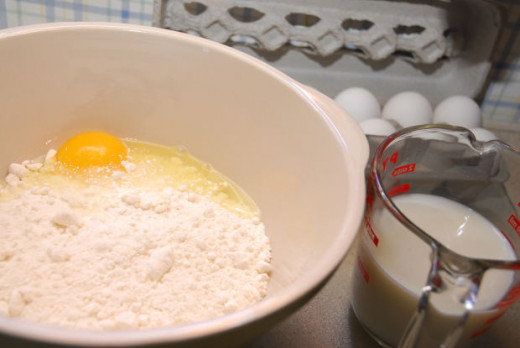
The Packet Cake Mix Method of Character Development
Wherein the cake is people.
Again, not like that.
With this method, like a packet cake mix, you start with some basic stuff and add the rest before you bake. Bake being a metaphor for starting to write, in this case.
What do I mean by all of that? Okay, so, with this method, you take a real person - or a very minor fictional person if that works better for you - and you do what you do best: tell yourself a story about them. Build them into a fully fleshed-out character by speculating on what all the details of their lives are like, or would be like in a given situation. The benefit of starting with a base is that you have a starting point. You have some constraints in place already, some idea of how to fill in the rest of the puzzle based on what you've already got. I personally like taking people out of newspapers for this.
For example: there's an article in the paper about Mary-Ann Williams, who won the under 17s state swimming championship (I'm making this up, though it's entirely possible that such a person exists, this being a big world and all). So what if we make her the heroine of our latest steamy romance? We know she's a swimmer, to start with. What else will she be when she reaches the stage of her life where the story starts? Maybe she went into swim coaching. Maybe she became a lawyer and still swims on the weekend. Maybe she hurt herself, became a lawyer, and has all her swimming trophies packed away in the attic for her new love interest to find at some point?
I think you get the idea. if you have trouble coming up with this yourself, try telling your character's story to a friend or crit partner or even your cat. Telling it to someone else can often make the details - or the details you're missing - jump out at you.
The 'I Don't Need No Stinkin' Template' Character Development Method
Well okay then, I'll just leave you to it...
Kidding!
There's nothing to say that you can't start from the beginning and build a character from scratch. Nothing at all.
In fact, this is probably the best and easiest method when your character comes from a civilisation unlike our own. That is to say, they come from way in the past or they're an alien or an elf or something. You need to start from the beginning in those cases.
My suggestion? Build a file on your character, fill a notebook, surf the web and take clippings of stuff that will mean something to them. Compile more notes than you know what to do with and let them form out of the information you gather.
When starting from scratch, the most important thing you can do is take time to mull it over. It takes 9 months to make a new person in the real world, you can afford to spend a week dreaming one up for a fantasy world.
If you can get someone to roleplay opposite your character - perhaps with one of their own? - then all the better. It's an under-appreciated way to develop characters (probably because writers tend to be solitary creatures), but easily one of the most valuable if you find a good partner.

